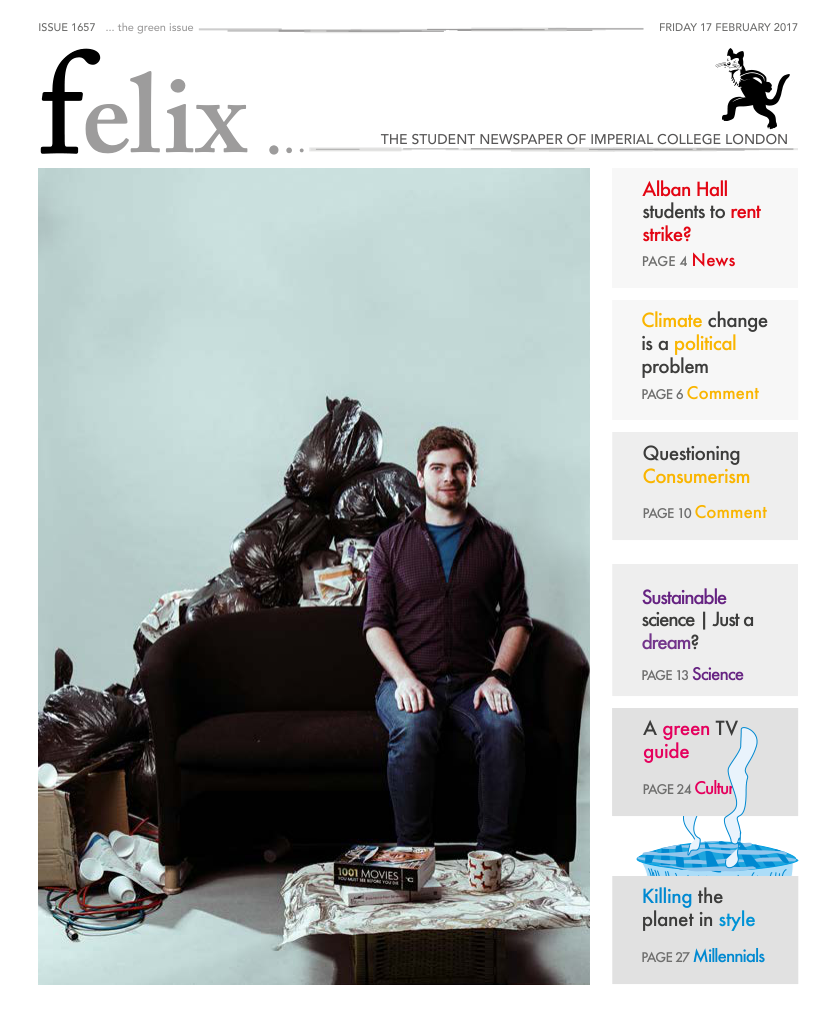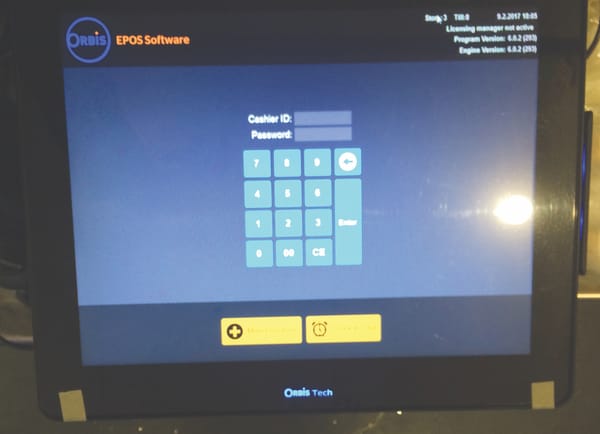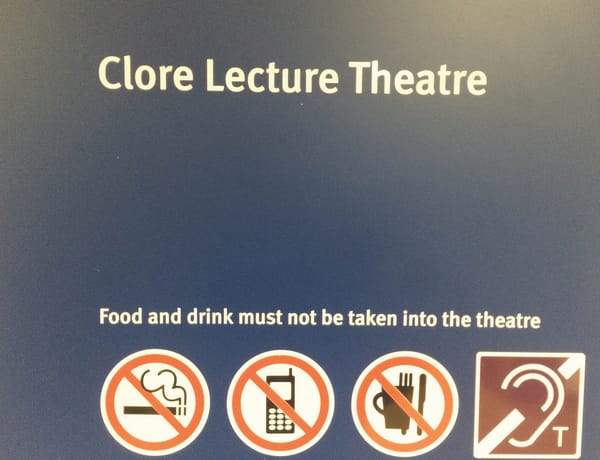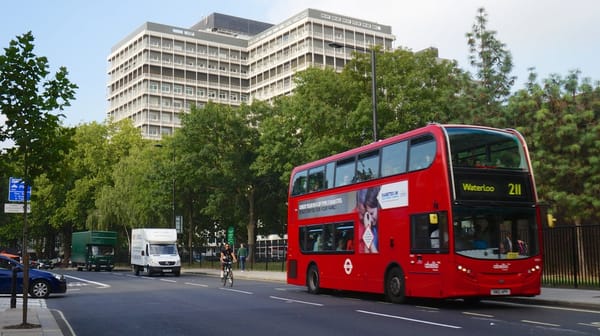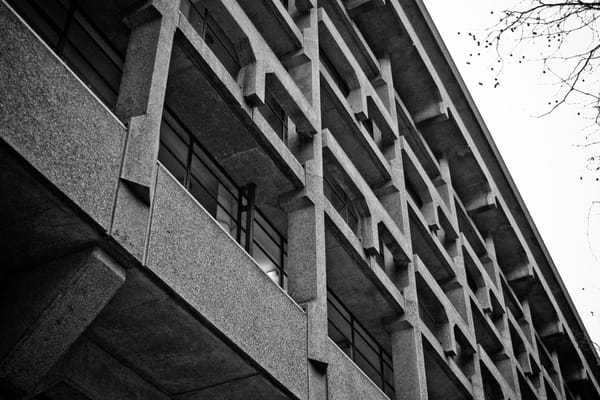No mascotry resolution in sight
Why bother with reforms if nobody cares?
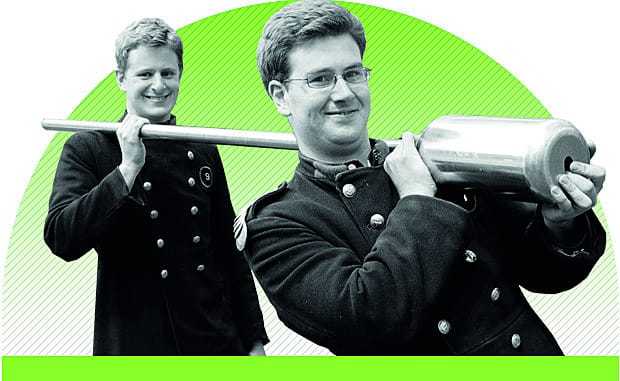
The age-old Imperial tradition of mascot stealing (also known as mascotry) was once again brought up at Union Council on Monday, in an attempt to create a new, contemporary set of rules to regulate the competitive ‘sport’.
Mascotry involves the theft of the various antique items that each of the constituent unions (CUs) possesses i.e. their mascots. The mascots go from ‘violate’ to ‘inviolate’ depending on whether their theft is permitted or not.
The mascots come in all shapes and sizes and include Bolt (a 68lb wheel nut), its sibling Spanner (a 64lb brass spanner manufactured to fit the bolts on Tower Bridge perfectly), Davy (a three-foot high, 132lb brass and aluminium mining lamp), Theta (a seven-foot long steel thermometer which according to the RCSU costs £ 10,000), and Phoenix (a six foot tall bird suit). These are the crown jewels of CGCU, RSMU, RCSU, and ICSMU respectively.
The paper was a follow-up to one presented in November by Andrew Olson (Council Ordinary Member, Undergraduate Faculty of Engineering), in which it was proposed to make all mascots inviolate (i.e. unstealable). The paper was rejected but Council agreed to reevaluate the existing rules at a future point.
The revised paper argued that the current rules are outdated and that the vagueness has caused disagreements (with CU members reportedly getting roughed up by rival CU members) in the past. The original 1999 rule book has only been signed by CGCU and RCSU, leaving it ambiguous as to the rules that RSMU/ICSMU ‘play’ by.
The proposed rules redefine what counts as a mascot, what counts as a steal and the protocol for demands after a steal. The ICU President is also to be the nominated ‘referee’ who will preside over all disputes. But the key changes concern safety and suggest measures to prevent injury and damage to mascots and College Property.
Mascotry has a long history, especially between CGCU, RSMU and RCSU (ICSMU’s Phoenix wasn’t around until 2009), and tales of cunning stunts can be found littered throughout past issues of felix. Raids involving fire extinguishers, hordes of students, and car chases down Exhibition Road have occurred in the past so a few rules could help prevent it all from getting out of hand.
But the presentation of the paper saw many students question the need for mascotry discussion. Simran Kukran, a welfare representative for the RSMU, argued that no one cares and council should be a place to discuss more pressing issues. The RSMU president also questioned the point of creating rules to regulate an activity that only a handful of students participate in. The disagreement between CUs prompted DPCS, James Cowx to ask the CU presidents to talk it out before bouncing the paper for a second time. Looks like the mascotry paper lives to die another day.

